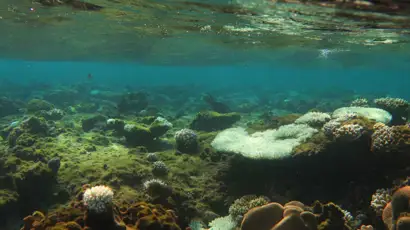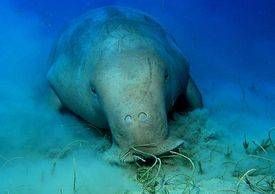BleachWatch Egypt is part of the Climate Change and Coral Reefs Project – a unique partnership that brought together by HEPCA, the International Union for Conservation of Nature (IUCN) and a leading travel and tour operator, Kuoni Travel Ltd, to develop a public awareness and educational program addressing climate change in the Red Sea.
It is an offspring from BleachWatch, a community based coral reef monitoring program developed by the Great Barrier Reef Marine Park Authority (GRBMPA), Australia, during a mass bleaching event in 2002. The concept is based on a volunteer network that regularly visits reefs and report on their health. Over the years BleachWatch has become a key component of GRBMPA’s coral bleaching response plan and is an example of a successful partnership between the community and reef managers to detect large scale coral bleaching.
Coral bleaching is the result of rising water temperatures. When water is too warm, corals will expel the algae (zooxanthellae) living in their tissues causing the coral to turn completely white. When a coral bleaches, it is not necessarily dead. Corals can survive a bleaching event, but they are under more stress and are subject to mortality. For this simple reason, our coral reefs need monitoring to keep them healthy.
Coral reef monitoring acts as an early warning system for potential bleaching, which is a natural response to environmental stress. It encourages all those with a pro-active interest in the ongoing health of the reefs to take a sense of "ownership." As well, it is also useful as an interactive educational tool for divers and snorkelers alike.
BleachWatch Egypt launched a series of workshops and trainings for a coral monitoring program along the Red Sea coast. The program began in Hurghada, Safaga and El Quseir and Marsa Alam and was recently introduced at the Red Sea Diving Safari in Marsa Shagra. Further workshops have targeted at Lahami, St Johns and Wadi El Gimal.
Along with the support of the dive community and other vested environmental organizations, HEPCA aims to have representation all over the Egyptian Red Sea to preserve our coral reefs and keep them strong as they are an integral part of the marine eco-system.





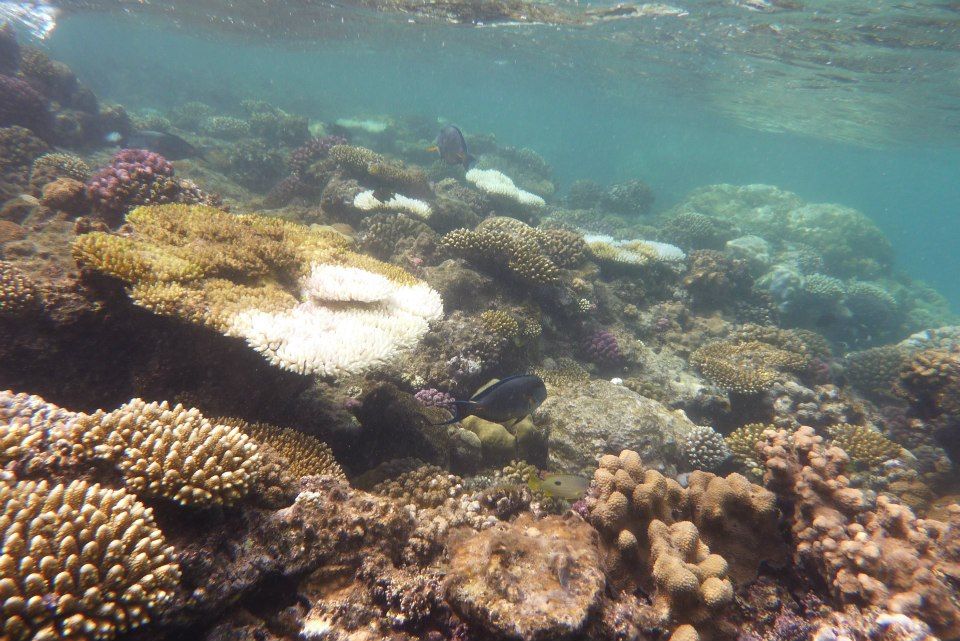
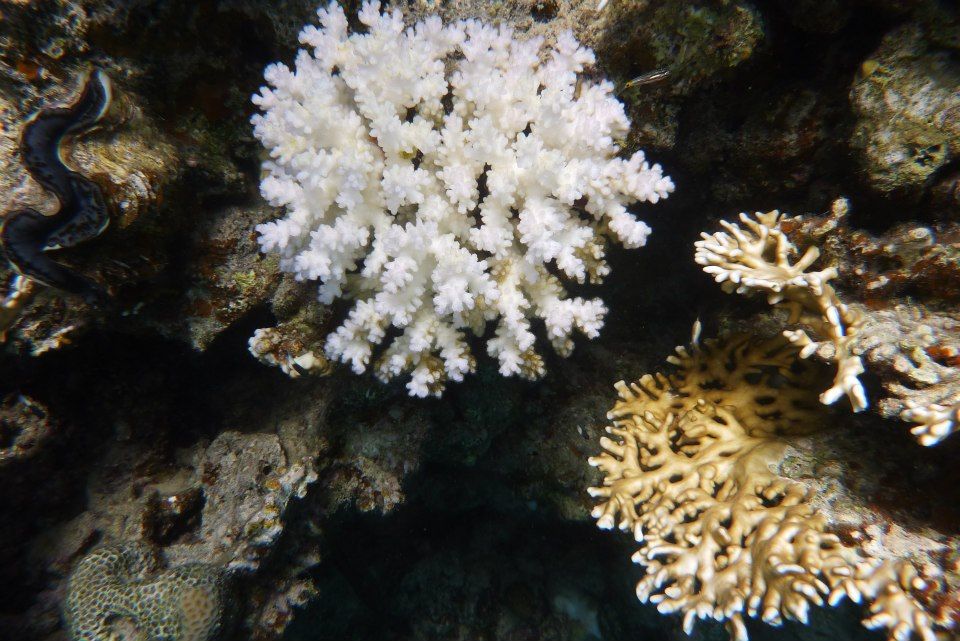
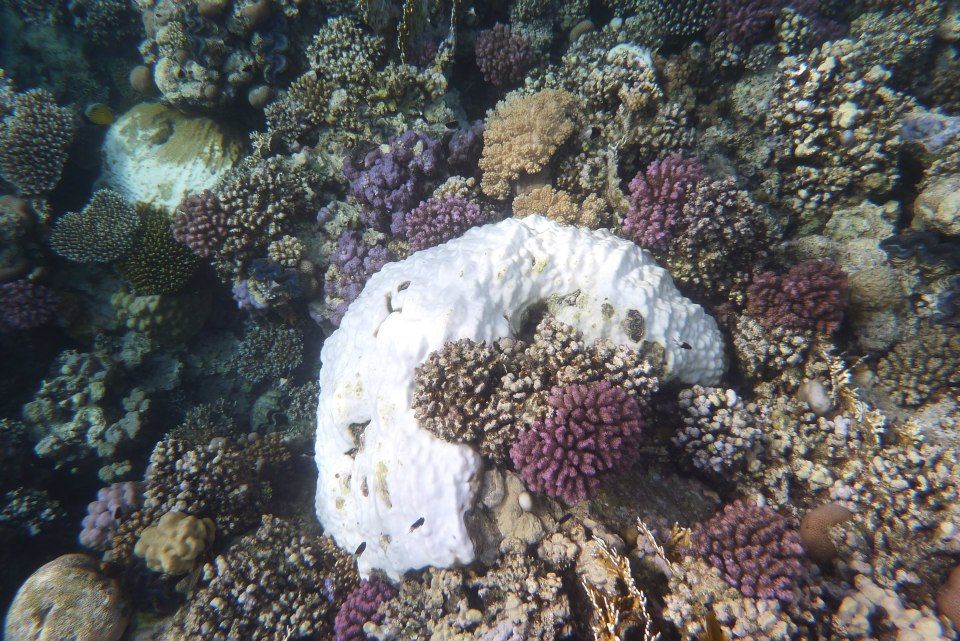
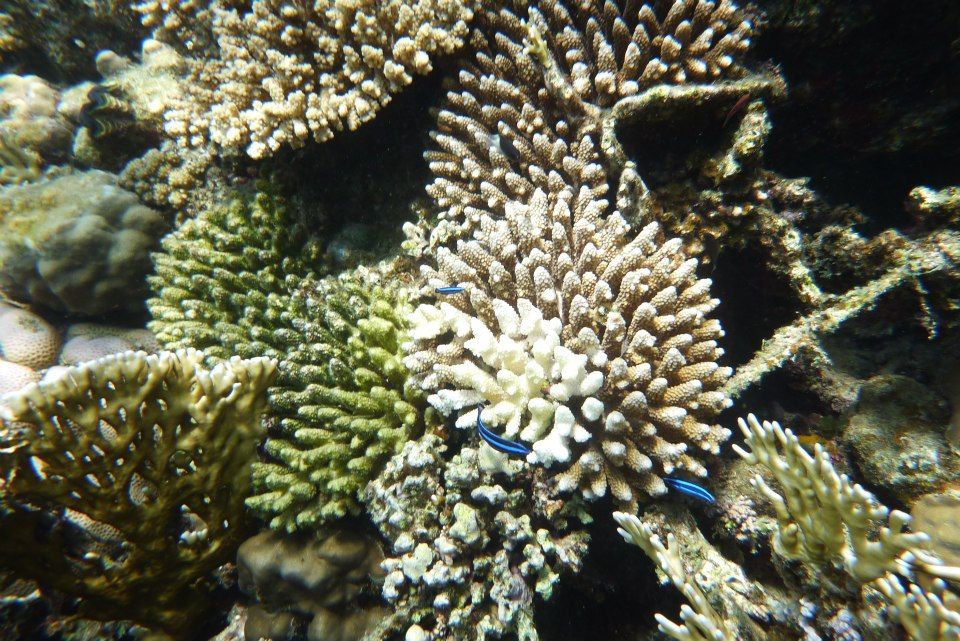
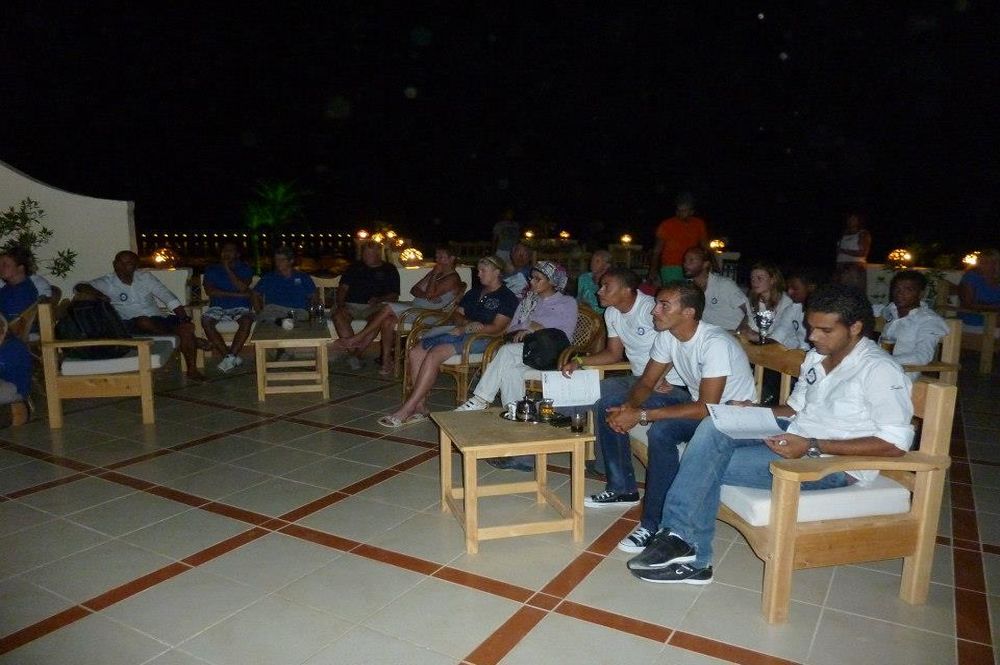
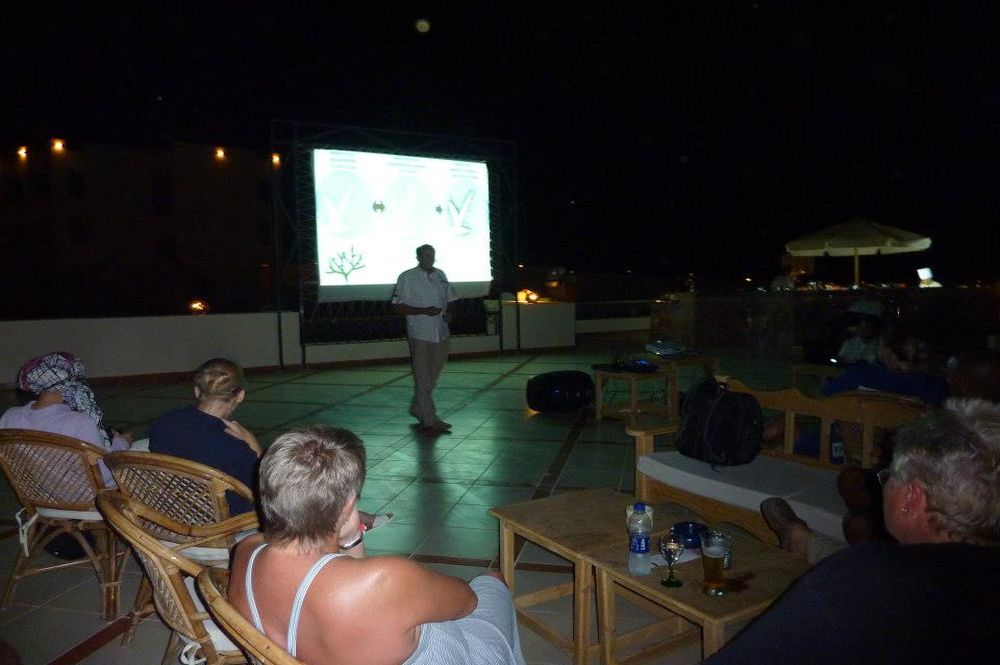
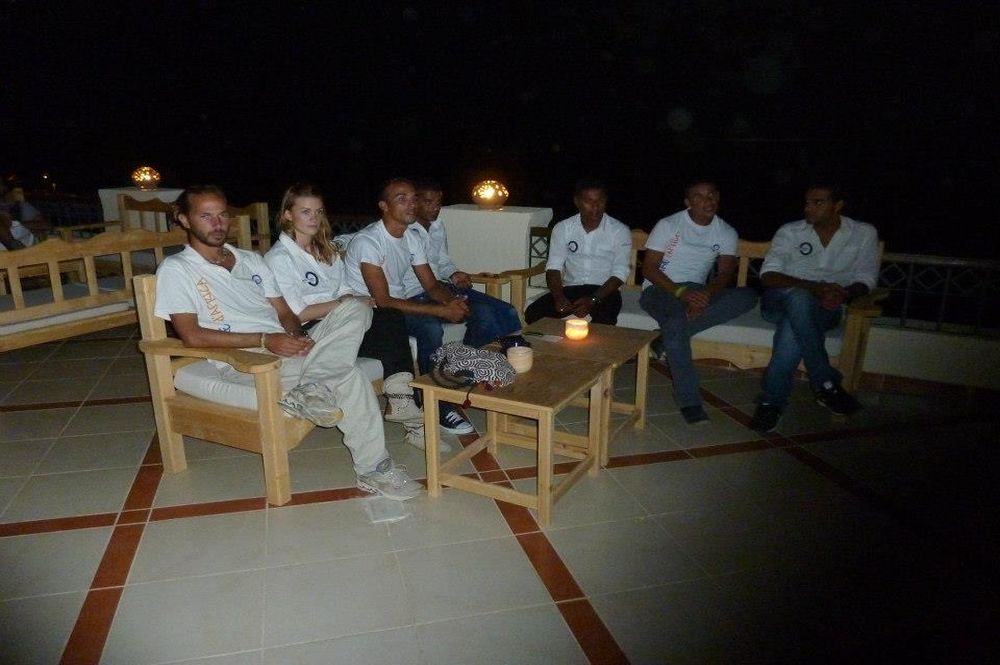
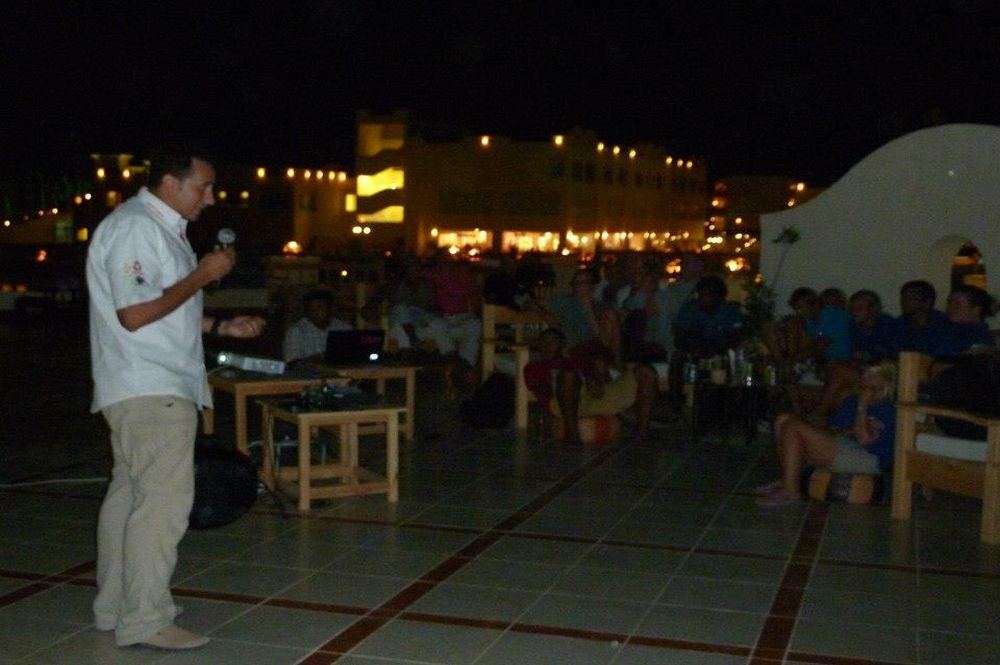

 ( 3369 KB )
( 3369 KB )
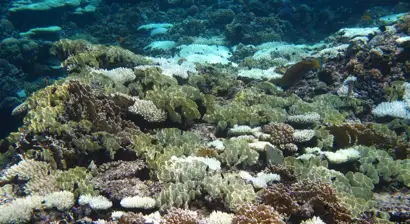
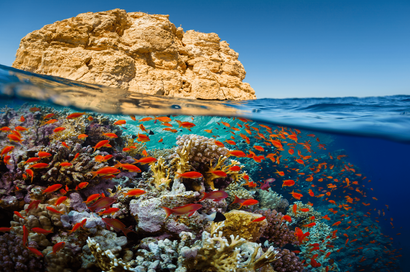
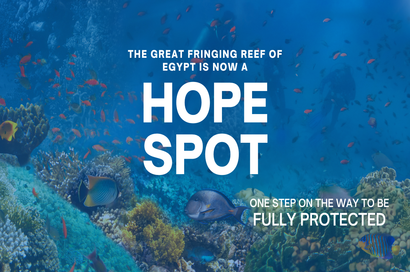
 - frame at 0m12s_lg.webp)
